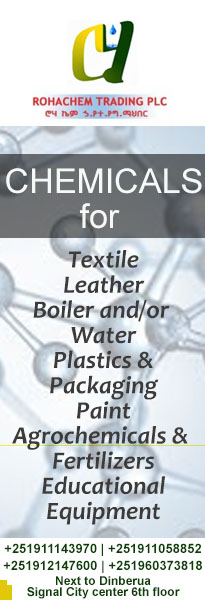In 2021, the Ethiopian House of People’s Representatives voted into law a proclamation to build a capital-markets system following the economic reforms initiated during the last few years. The proclamation seeks to lay the legal framework for regulation and supervision of capital markets, as well as set uniform requirements for issuers who desire to raise capital from public investors.
| Capital Market Proclamation 1248/2021 | DOWNLOAD |
What is Capital Markets?
The proclamation defines the term capital markets as a “market where financial securities such as shares or equities, bonds, derivatives, or other related securities are bought and sold.” As per this definition, the capital markets among others comprises of:
- Equity markets: these are capital markets where equity-based instruments, in the form of stock or shares, are traded;
- Debt-instrument markets: these are markets where debt instruments, such as bonds and loans, are traded; and
- Derivative markets: these are markets where derivatives are sold and bought. Derivatives are contractual agreements that obligate parties to exchange assets or cash flows. The typical forms of derivatives, that derive their value from another assets index or other investment, are the right to options, forwards, futures and swaps.
What are the types of Capital Markets?
There are two types of capital markets; primary and secondary markets.
Primary Market
The primary market is a capital market where new securities are issued. In this regard, the proclamation identifies two forms of issuing new securities. The first is an initial public offering that means an offer to the public of any securities or a company. The second way of issuing new securities is through “private placement” which is a sale of securities to pre-selected investors and institutions rather than on the open market.
Secondary Market
On the other hand, the secondary market can be defined as a market or markets where investors buy previously issued securities from other investors, as opposed to the primary market where investors buy new securities directly from the issuer or an intermediary. The proclamation recognizes both securities exchange/stock exchange and over-the-counter markets.
The securities exchange means:
“in relation to premises of a licensed securities exchange, the one place in those premises which constitutes, maintains or provides a market or a facility by means of which: (a) offers to sell, purchase or exchange securities are regularly made or accepted; (b) offers or invitations are regularly made, being offers or invitations that are intended, or may reasonably be expected to result, whether directly or indirectly, in the making or acceptance of offers to sell, purchase or exchange securities; or (c) information is regularly provided concerning the prices at which or the consideration for which, particular persons or particular classes of persons, propose, or may reasonably be expected, to sell, purchase or exchange securities; or (d) clearing service for securities traded in the exchange takes place.”
On the contrary, an over-the-counter market is “a market in which securities and/or derivatives are traded by parties directly (face-to-face or using communication devices such as telephones and networked computers) with each other rather than through a recognized exchange.
Who are the major actors involved in capital markets?
The following are the major actors involved in capital markets:
- Capital Markets Authority: This is the government organ having the regulatory authority over capital markets.
- Issuers: these are companies that issue equity/debt securities.
- Buyer: these are persons or companies that seek to purchase securities from any of the capital markets.
- Exchanges: These are the platforms for securities transactions. The proclamation establishes the Ethiopian Securities Exchange having the status of share-company.
- Securities Depository and Clearing Company: this means any legal entity that offers securities depository, clearing and settlement, and other related services. Such entities can hold in trust securities for another, create securities accounts for its member, become an agent or principal in the settlement of transactions, and/or provide after-settlement services.
- Intermediaries/brokers: these are intermediaries between the customer and the market by providing support to issuers to access the market and support secondary market liquidity.



